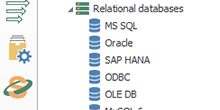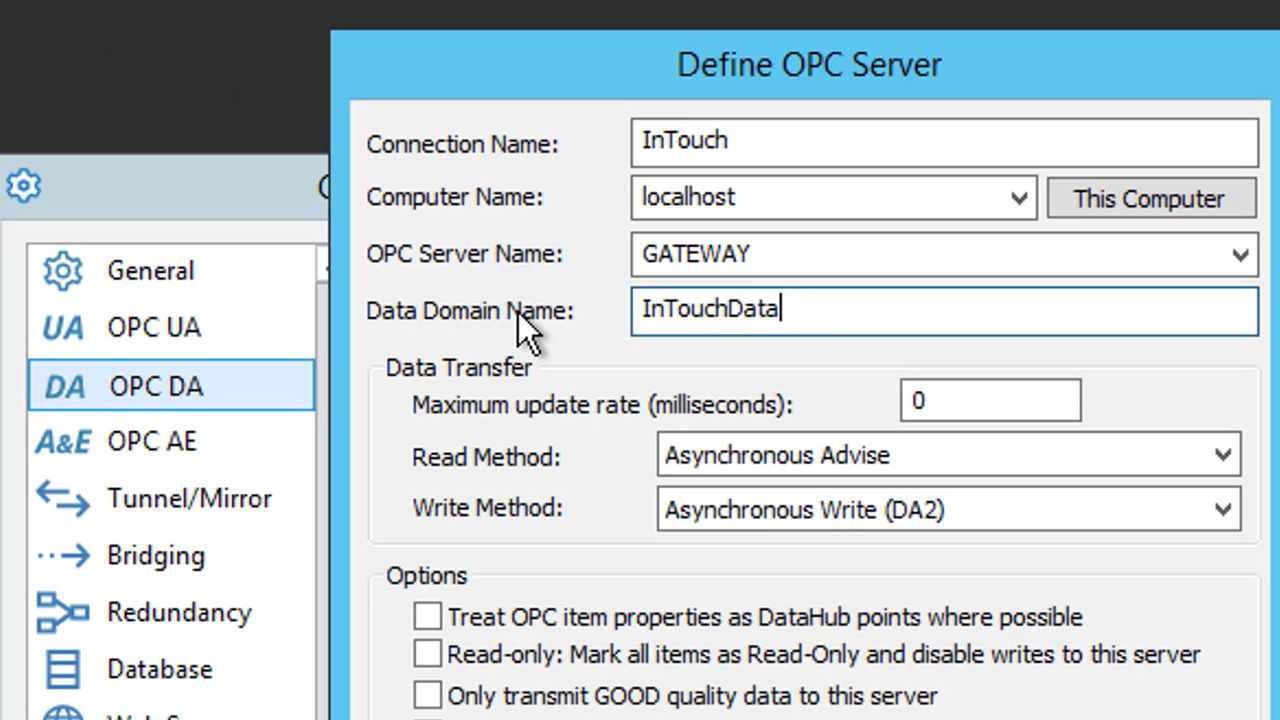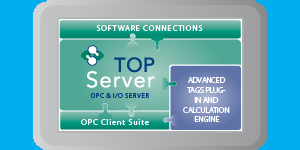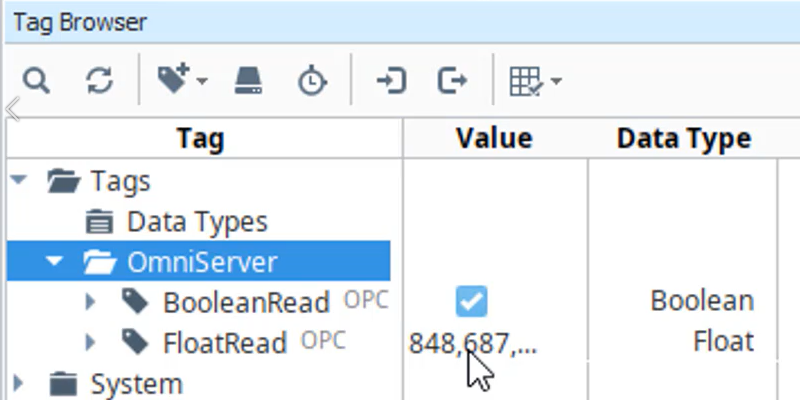Logging industrial process data to a database such as Microsoft SQL is a common requirement of many projects across industries. One of the key applications for storing industrial process data is providing historical context and reporting of the process so that better decisions can be made.
In Part 1 of our OPC Router Basic Training series, we will cover step-by-step how to easily connect to OPC UA and DA data sources to SQL databases for logging process data with the OPC Router.










